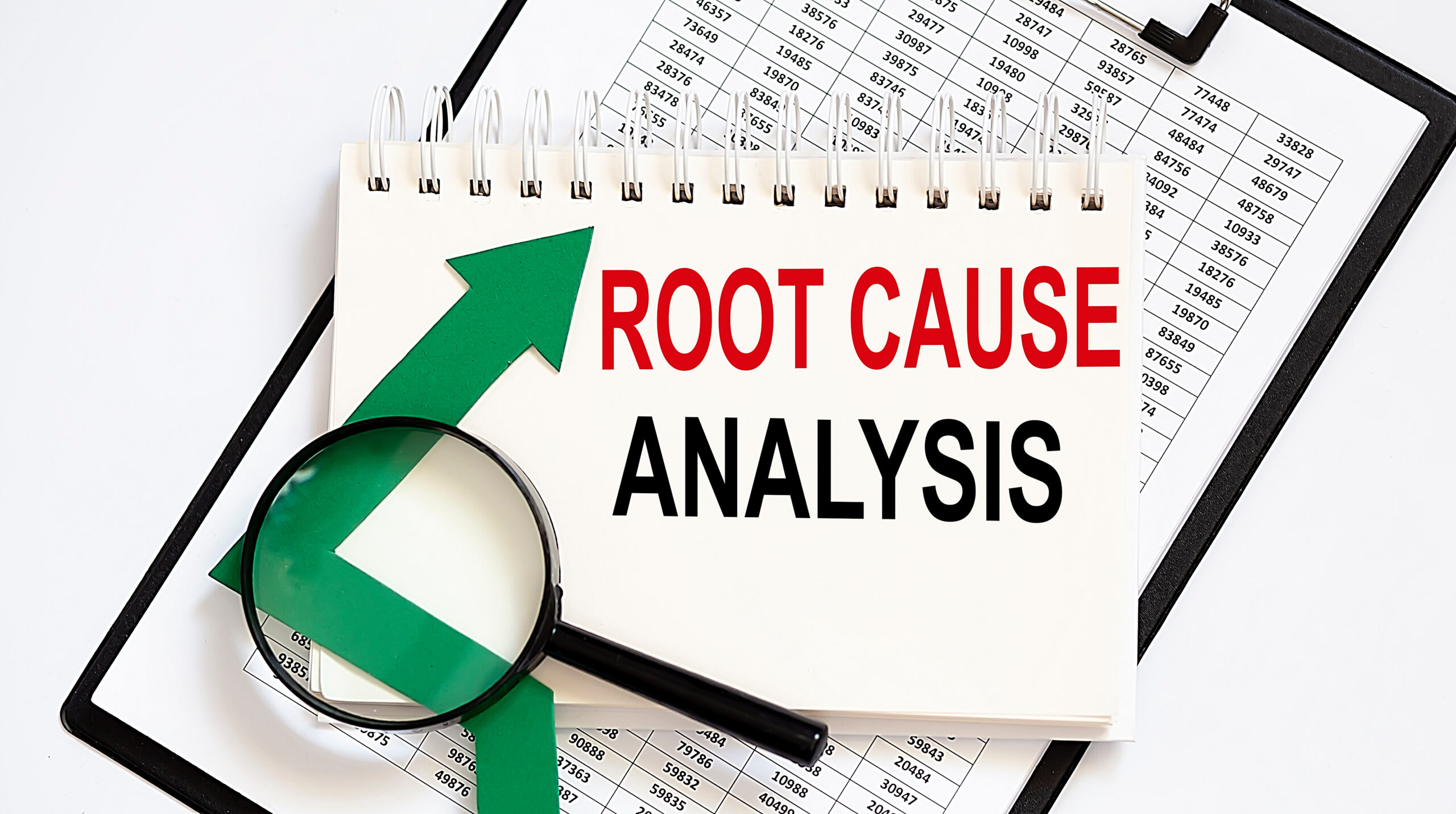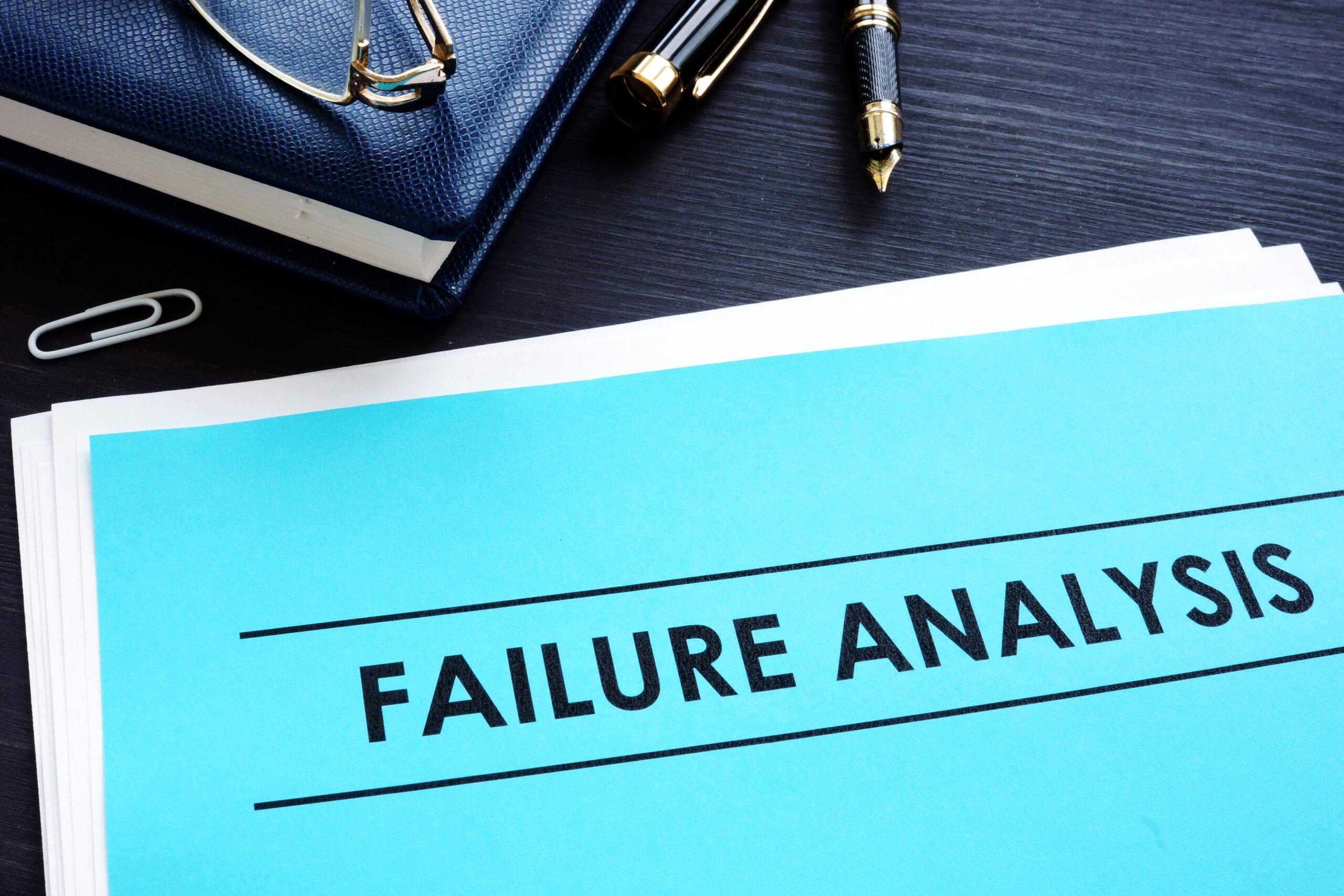Root Cause Failure Analysis Training Course
Consultant/Trainer: Ramon Publico & Francisco Amara
Equipment failure is a recurrent industry problem and its mitigation is often a case of trial-and-error, even for experienced plant engineers – especially those engineers who presume common sense combined with rudimentary failure analysis skills may sail them through, only to meet the same problem soon again, perhaps in an evolved form. To overcome those shortcomings, this novel Root Cause Failure Analysis (RCFA) course reinforces traditional RCA methods with selected lessons from systems thinking, reliability engineering, and cognitive psychology, among other domains, to provide a deep, unique insight into how equipment failures and their root causes may be better understood, if not entirely eliminated.
Participants
This Petrogenium course can be tailored for intermediate staff and for experienced personnel, including technical staff, supervisors and managers.
Furthermore the course can be customized for a specific refinery, plant or unit. The option for post-course consultancy/help-desk support is also available.
Participants may include: Whilst highly suited for operations, maintenance, reliability, and safety engineers, its multi-disciplinary framework allows customization for non-technical personnel as well.
Furthermore the course can be customized for a specific refinery, plant or unit. The option for post-course consultancy/help-desk support is also available.
Participants may include: Whilst highly suited for operations, maintenance, reliability, and safety engineers, its multi-disciplinary framework allows customization for non-technical personnel as well.


Learning Objectives
To equip participants with management and cognitive tools to promote a self-learning organization relating to failure investigations within an oil & gas context; to enable the participants to apply those tools on actual facility incidents, current and future.
Day 1 – morning session
Introduction – the Nature of Mishaps and their Investigation
Accident Capture
Day 1 – afternoon session
Organizing and Managing Accident and Failure Investigations
Day 2 – morning session
Problem Framing
Day 2 – afternoon session
Root Cause Analysis
Day 3 – morning session
Root Cause Analysis (cont.)
Day 3 – afternoon session
Solution Development
Introduction – the Nature of Mishaps and their Investigation
Accident Capture
- Aligning failure investigations with plant risk matrix
- Incident Ranking – Accident investigation vis-à-vis Risk analysis
- Personal Accidents vs Process or System Accidents
Day 1 – afternoon session
Organizing and Managing Accident and Failure Investigations
Day 2 – morning session
Problem Framing
- Problem Identification – Problem Statement
- Problem Definition – Collect Facts to Determine “What” Happened
- Human Contribution to the Failure
- Investigator/Decision-maker Biases (and how to mitigate them)
- Accountability vs Blame
Day 2 – afternoon session
Root Cause Analysis
- he Fundamental Premise and Limitation of “Root”
- Common Problems with Traditional RCA Programs
- Failure Modes vs Failure Roots
- Levels of Roots – what is a root cause, exactly?
- Accident and Failure Models
- Core Analytical Methods
Day 3 – morning session
Root Cause Analysis (cont.)
- Probable Cause Analysis – Sources of Failures, Accidents, and Incidents
- Cause Verification and Data Validation: Analysis of physical evidence to determine “how” it happened; analyze events & causal factor relationships to determine “why” it happened.
Day 3 – afternoon session
Solution Development
- When to STOP investigating
- Solution Criteria Selection – Musts / Wants
- Alternate/conceptual solutions
Programme
Day 1 – morning session
Introduction – the Nature of Mishaps and their Investigation
Accident Capture
Day 1 – afternoon session
Organizing and Managing Accident and Failure Investigations
Day 2 – morning session
Problem Framing
Day 2 – afternoon session
Root Cause Analysis
Day 3 – morning session
Root Cause Analysis (cont.)
Day 3 – afternoon session
Solution Development
Introduction – the Nature of Mishaps and their Investigation
Accident Capture
- Aligning failure investigations with plant risk matrix
- Incident Ranking – Accident investigation vis-à-vis Risk analysis
- Personal Accidents vs Process or System Accidents
Day 1 – afternoon session
Organizing and Managing Accident and Failure Investigations
Day 2 – morning session
Problem Framing
- Problem Identification – Problem Statement
- Problem Definition – Collect Facts to Determine “What” Happened
- Human Contribution to the Failure
- Investigator/Decision-maker Biases (and how to mitigate them)
- Accountability vs Blame
Day 2 – afternoon session
Root Cause Analysis
- he Fundamental Premise and Limitation of “Root”
- Common Problems with Traditional RCA Programs
- Failure Modes vs Failure Roots
- Levels of Roots – what is a root cause, exactly?
- Accident and Failure Models
- Core Analytical Methods
Day 3 – morning session
Root Cause Analysis (cont.)
- Probable Cause Analysis – Sources of Failures, Accidents, and Incidents
- Cause Verification and Data Validation: Analysis of physical evidence to determine “how” it happened; analyze events & causal factor relationships to determine “why” it happened.
Day 3 – afternoon session
Solution Development
- When to STOP investigating
- Solution Criteria Selection – Musts / Wants
- Alternate/conceptual solutions